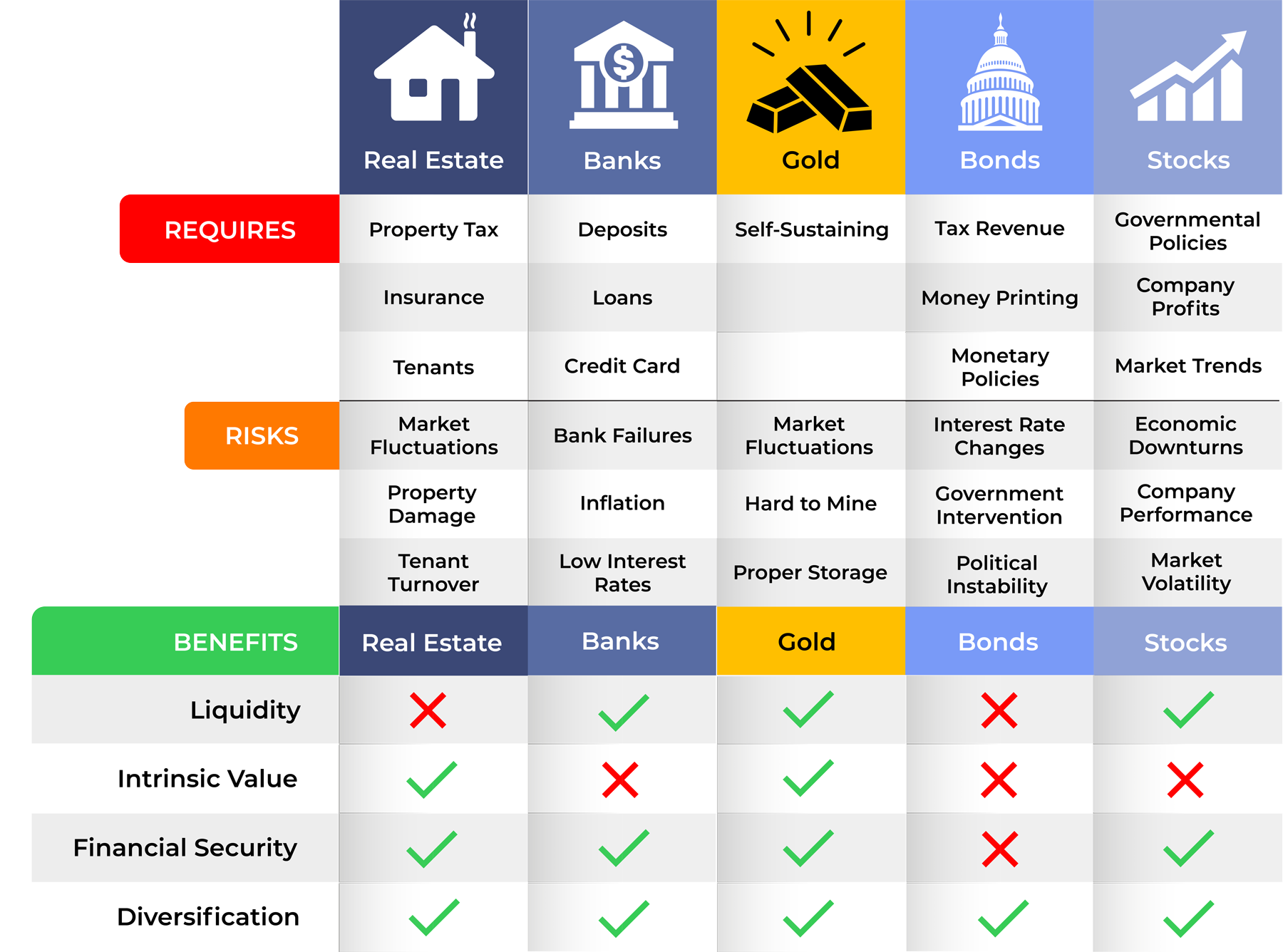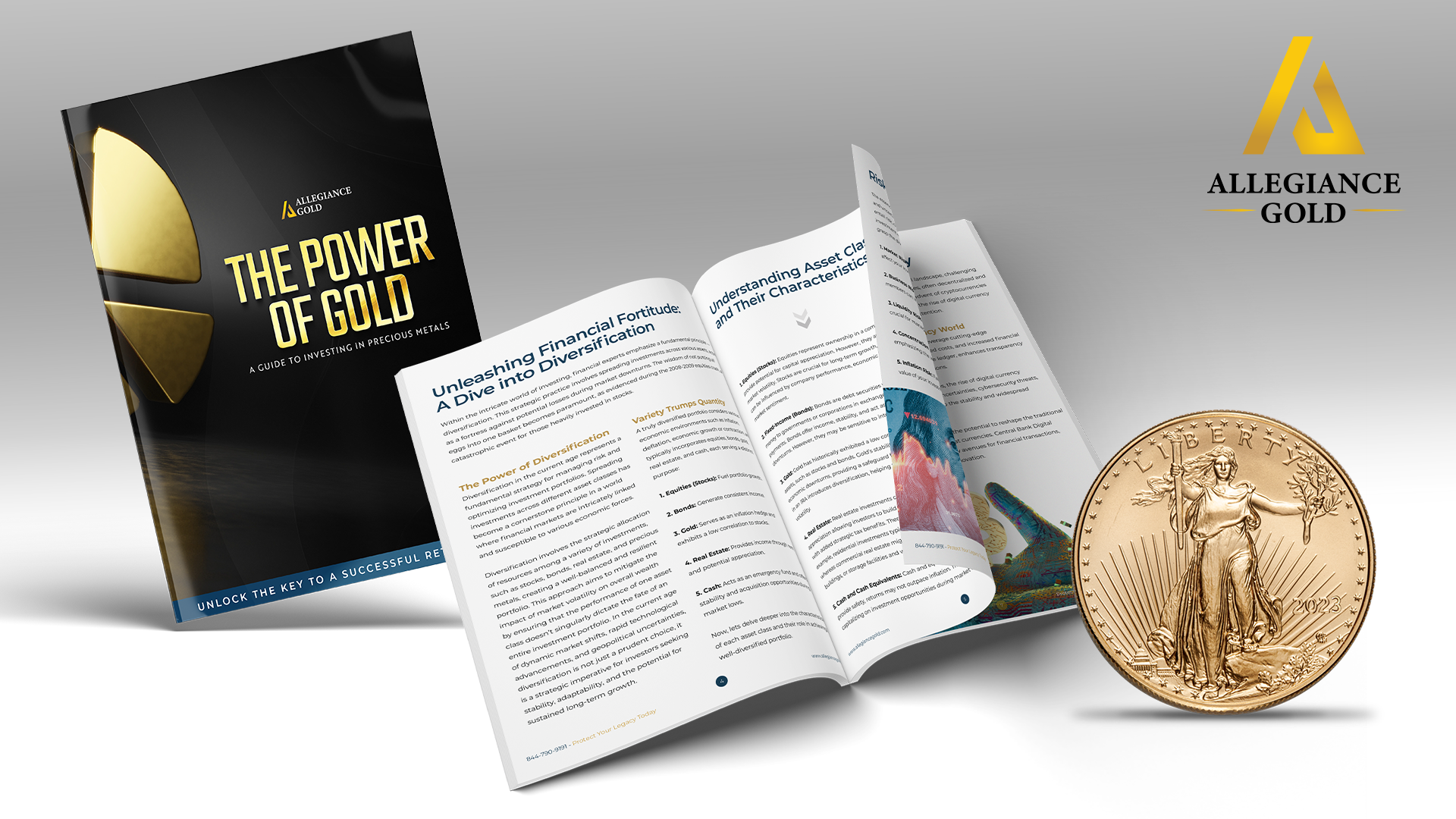The Missing Investment Piece in Your Puzzle
 Allegiance Gold
Allegiance Gold
The following content is sponsored by Allegiance Gold.
From Traditional Investment to Diversification and Everything in Between
Governments, banks, and wealth generators: everyone wants it, but very few have been willing to educate you about it? Why is that?
At some point in time, we all heard the saying “diversification is key to a better portfolio.”
While financial advisors provide guidance on diversifying investments across various paper assets and ETFs, the true meaning of diversification extends beyond conventional wisdom to include embracing a broader spectrum of opportunities in different asset classes beyond paper and ETFs to mitigate risks in the market while preserving and growing your wealth over time.
So, why aren’t financial advisors always recommending physical gold to you?
Well, to start with, financial advisors can be compensated through various methods, each with its own set of incentives and potential conflicts of interest:
Although financial advisors’ level of expertise in the paper asset world is supreme, their deficiency of recommendations of physical assets like gold often stems from two factors:
Now one might say, shouldn’t investors take it upon themselves to protect their hard-earned money by including gold in their portfolio regardless of whether it was recommended to them or not?
Well, simply put: No one wants additional tasks added to their busy schedule. We all have better things to worry about, right? So, they end up compromising by seeking the help of their financial advisor.
But not today, not anymore!
If you are tired of hearing promises about traditional investments and forecasts about where the market could be heading, you are not alone and probably you are looking for ways to protect and diversify your portfolio without the hassle of a financial expert.
If this is the case with you, then this educational piece is for you.
In today's volatile economic landscape, finding a secure and reliable investment is more crucial than ever. While traditional investments like real estate, stocks, government bonds, and bank certified deposits have their merits, they also come with their own set of challenges and dependencies.
Real Estate
Stocks
Government Bonds
Bank Certified Deposits
Now what about Gold?
The Intrinsic Value of Gold: A Self-Sustaining Asset
Key Benefits of Investing in Gold
To help educate you on how simple it is to start your gold investment without the hassle of financial experts, Allegiance Gold is offering you this complimentary FREE comprehensive educational E-Book: “The Power of Gold: A Guide to investing in precious metals” to learn more about how gold can transform your investment strategy and diversify your financial future.
Source link



